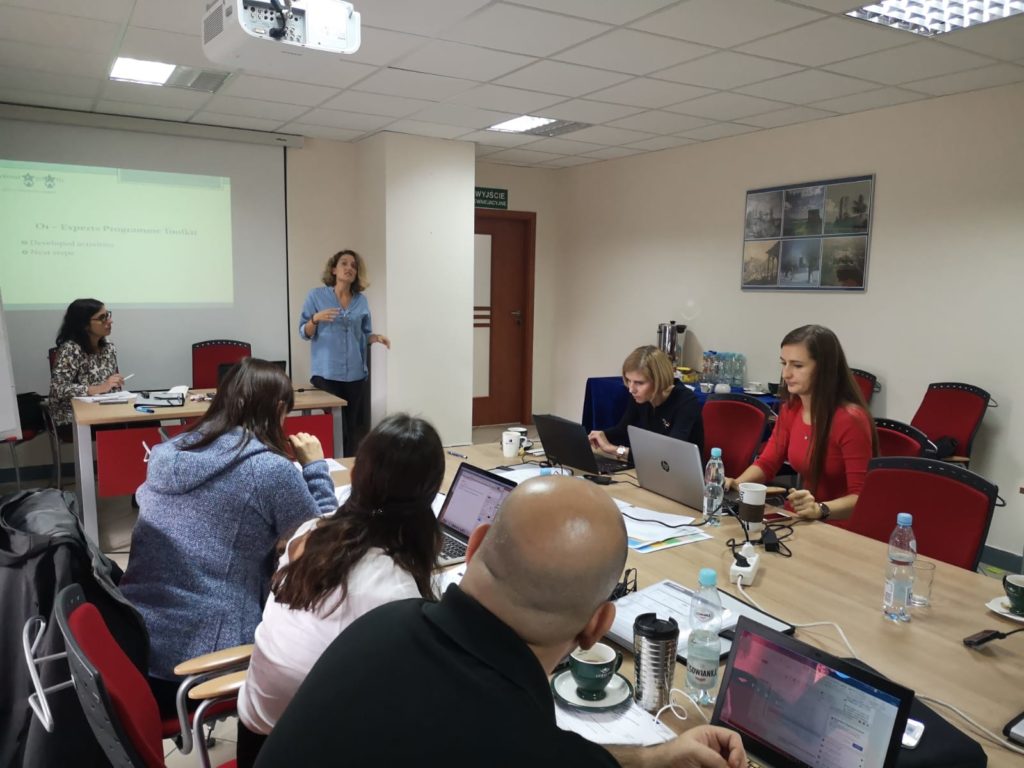For the last months, we tried to identify some of the main challenges faced by educational professionals to tackle the school disengagement and dropout. Based on previous studies and European research, we selected some training areas that emerged as essential to explore the most important competencies to motivate young people completing their schooling. Given the complexity of the early school leaving process, we seek to explore possible prevention but also intervention and compensation school-based measures and strategies that may help educational professionals. That is why we chose to provide two modules with different focus based on the age of the young people you intervene with.
We come to the following key training areas:
Module 1. Focuses possible measures, attitudes and strategies to prevent ESL/ELET. It is aimed at professionals that work with 14-18 year old young adults who are at risk of leaving school. During this course, the experts will explore:
. the process of school disengagement and the potential risk and protective factors of ESL/ELET
. the power of young people as active learners
. the relevance of Arts-based learning and relational communication on pedagogy
. the acquirement of basic skills in ICT (information and media literacy) and a deep knowledge of the role of digital technologies in everyday contexts
Module 2. Focuses action to intervene with 18 to 24 years old young adults who left school before compulsory education. Given the social and financial difficulties, this group face to get into the labour market and reach some rights, this module will equip the professionals that work and support this age group and bring them back to education. For such, during this course, the experts will explore:
. the constraints and challenges ESLers face.
. the diversity of pathways of ESLers as active citizens
. the value of developing competencies to guide life and social entrepreneurship projects
. Digital education as a strong tool to tackle social exclusion and disparities.
Now, what do you think about these themes? Will it be useful for your pedagogical practice?
Keep following us. The coming months will be devoted to develop these courses, under the coordination of the University of Porto – CIIE/FPCE.
For any clarification, contact us.

